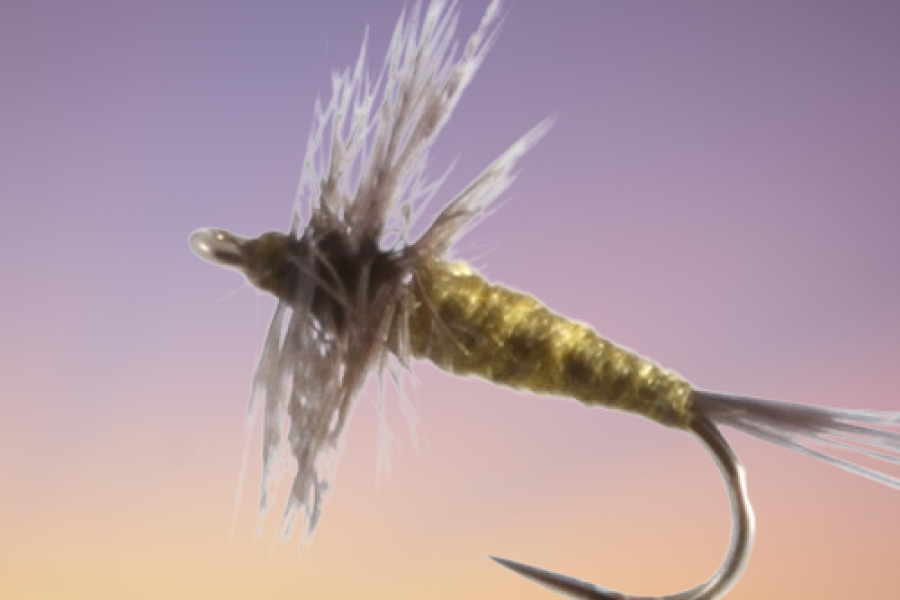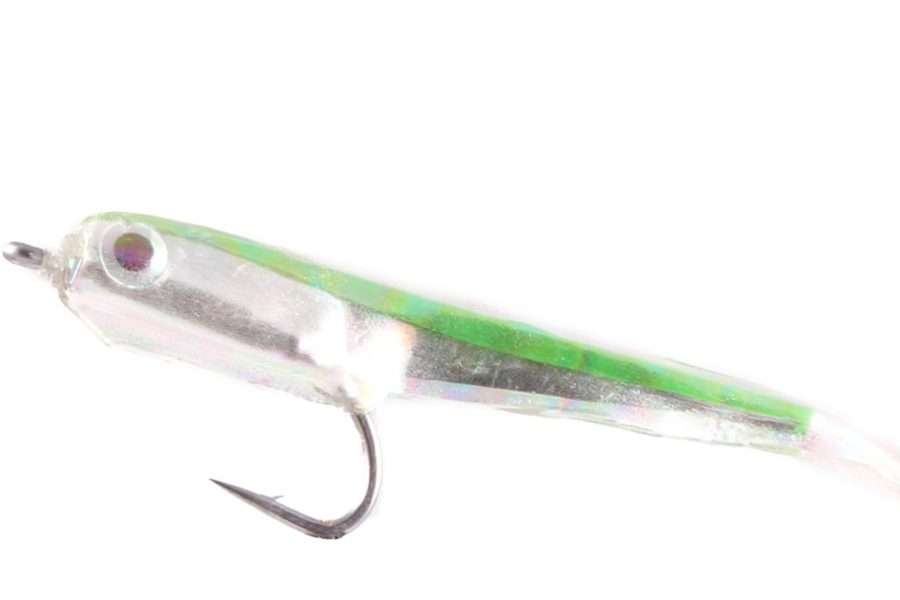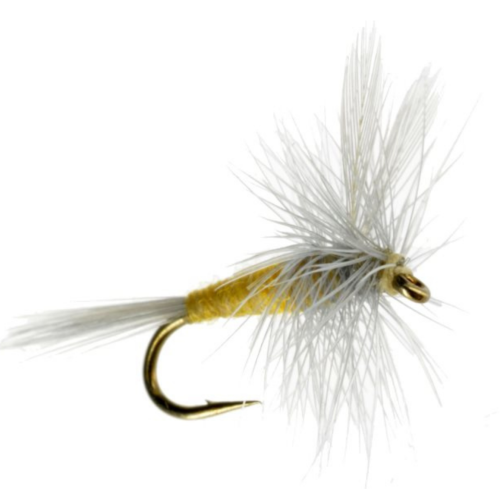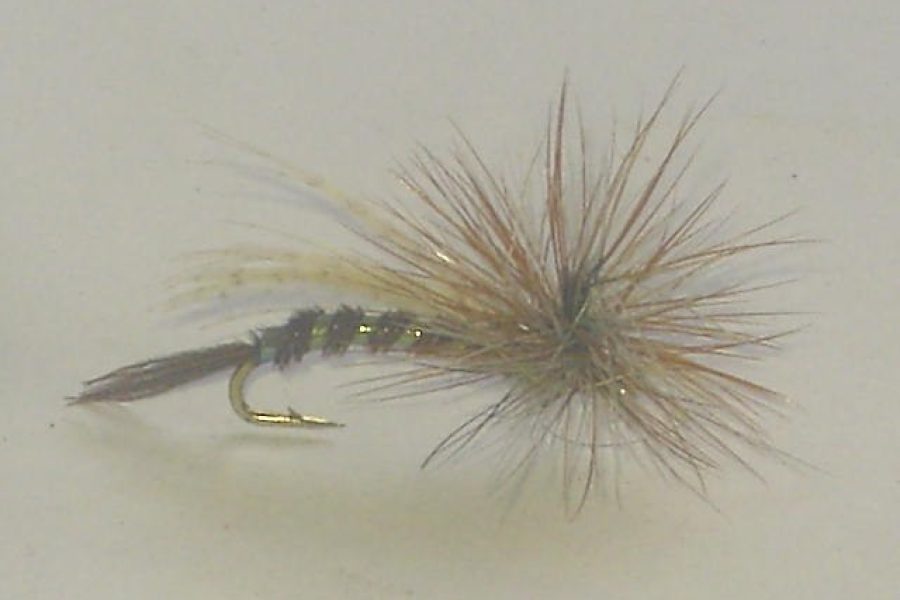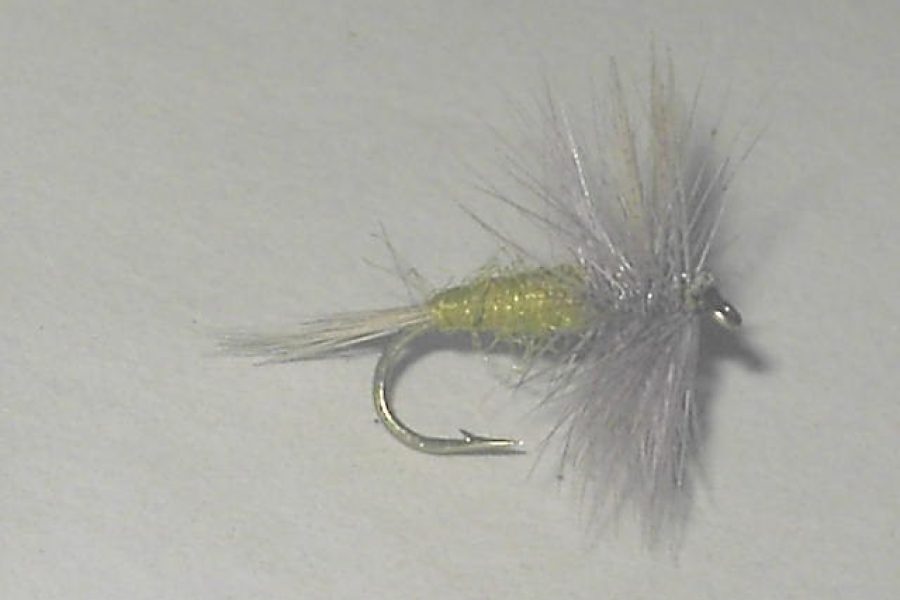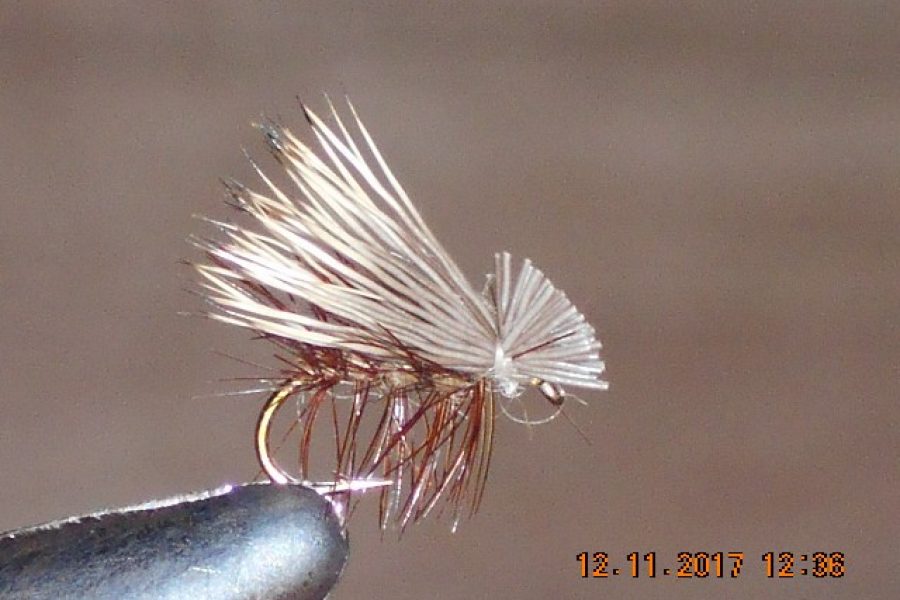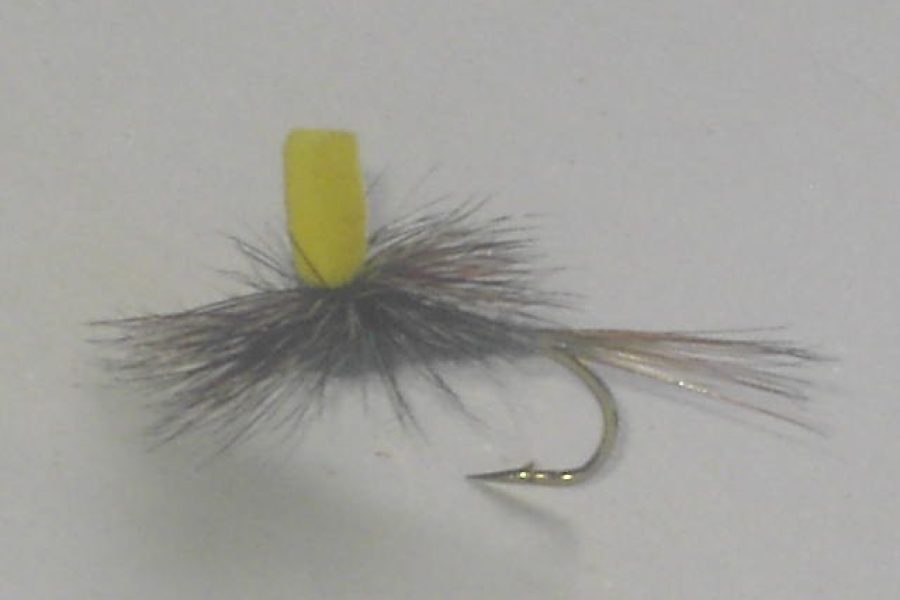Description
The Sulphur Dun Yellow fly represents a masterful imitation of one of the most important mayfly hatches in fly fishing. This sophisticated pattern has established itself as a must-have dry fly for matching sulphur mayfly hatches, particularly during the critical late spring and summer periods.
Historical Origins and Development The Sulphur Dun pattern emerged from the need to match the prolific sulphur mayfly hatches that occur on many trout streams. This classic pattern maintains essential characteristics while incorporating modern materials and tying techniques.
Key Historical Developments:
- Traditional dun pattern
- Material evolution
- Profile refinements
- Modern adaptations
- Technical improvements
- Contemporary variations
- Seasonal modifications
Design Philosophy and Innovation The pattern’s design reflects deep understanding of:
- Natural insect behavior
- Fish feeding patterns
- Surface film dynamics
- Light penetration
- Movement characteristics
Premium Materials and Construction Traditional Materials:
- Quality dry fly hooks
- Light yellow dubbing
- Dun hackle
- Microfibbets
- Quality threads
Modern Adaptations:
- Synthetic materials
- Enhanced durability
- Advanced dubbing
- Specialized hackle
- Innovative wings
Technical Specifications
Hook Configuration:
- Style: Standard dry
- Sizes: 14-18 (standard)
- Strength: 1X fine
- Finish: Bronze/black
- Point: Standard
Body Construction:
- Thread: 8/0 or 70 denier
- Tail: Microfibbets
- Body: Light yellow dubbing
- Wing: Dun hackle tips
- Hackle: Dun
Fishing Applications
Water Types:
- Spring creeks
- Limestone streams
- Tailwaters
- Freestone rivers
- Various conditions
Seasonal Effectiveness:
Spring:
- Late spring hatches
- Evening emergences
- Warming water
- Variable depths
- Multiple presentations
Summer:
- Prime hatch period
- Morning/evening fishing
- Bright conditions
- Technical fishing
- Surface film
Fall:
- Late season hatches
- Changed water
- Selective fish
- Multiple depths
- Various speeds
Advanced Fishing Methods
Presentation Techniques:
- Dead Drift
- Natural float
- Drag elimination
- Line control
- Mending techniques
- Angle adjustments
- Modern Adaptations
- Downstream presentation
- Reach cast
- Multiple patterns
- Emerger variations
- Spinner falls
Water Reading and Strategy
Key Factors:
- Current speed
- Surface conditions
- Rise forms
- Temperature
- Light conditions
Strategic Approaches:
- Hatch timing
- Drift planning
- Coverage patterns
- Presentation angles
- Speed matching
Environmental Adaptations
Light Conditions:
- Bright sunshine
- Overcast days
- Early morning
- Evening light
- Low light effectiveness
Water Clarity:
- Crystal clear
- Slightly colored
- Stained water
- Post-rain
- Variable visibility
Modern Variations
Size Adaptations:
- Standard sizes
- Micro versions
- Custom ties
- Situation-specific
- Water-matched
Pattern Variations:
- Traditional style
- Modern materials
- Hybrid designs
- Color adaptations
- Seasonal options
Technical Considerations
Leader Setup:
- Length selection
- Tippet material
- Breaking strength
- Knot choice
- System balance
Equipment Matching:
- Rod weight
- Line type
- Leader design
- Tippet selection
- Terminal tackle
Conservation and Durability
Material Selection:
- Environmental impact
- Longevity factors
- Strength requirements
- Replacement needs
- Storage considerations
Maintenance:
- Post-use care
- Storage methods
- Repair techniques
- Material preservation
- Long-term durability
Advanced Applications
Specialized Techniques:
- Upstream presentation
- Downstream slack line
- Structure presentation
- Technical mending
- Line control
Tactical Adaptations:
- Weather conditions
- Water levels
- Fish behavior
- Seasonal changes
- Time of day
Surface Film Technology
Design Advantages:
- Natural float
- Improved visibility
- Better triggering
- Precise imitation
- Light reflection
Performance Benefits:
- Drag-free drift
- Natural movement
- Strike triggering
- Energy efficiency
- Versatile fishing
Advanced Water Reading
Current Analysis:
- Seam identification
- Depth transitions
- Structure influence
- Temperature breaks
- Holding lies
Strategic Planning:
- Coverage efficiency
- Presentation angles
- Rest periods
- Pattern rotation
- Time management
Seasonal Applications
Spring Tactics:
- Early hatch techniques
- Water temperature monitoring
- Early season approaches
- Fish behavior patterns
- Energy conservation
Summer Strategies:
- Prime hatch periods
- Light penetration factors
- Temperature considerations
- Feeding patterns
- Time of day
Fall Methods:
- Late season behavior
- Water temperature changes
- Migration patterns
- Selective feeding
- Weather influences
Future Developments
Emerging Trends:
- New materials
- Design refinements
- Tying techniques
- Fishing methods
- Pattern variations
Innovation Areas:
- Material technology
- Construction methods
- Presentation techniques
- Environmental considerations
- Performance enhancement
The Sulphur Dun Yellow fly represents the perfect fusion of traditional design and modern innovation. Its sophisticated engineering incorporates proven imitative qualities with advanced materials and construction techniques, creating a pattern that consistently produces results during sulphur hatches. Whether targeting selective trout during sparse hatches or presenting during heavy emergence periods, this pattern delivers exceptional performance through its carefully calculated design elements and versatile presentation capabilities.
Additional information
| Hook size | 10, 12, 14, 16, 18, 20, 22 |
|---|---|
| Hook type | Barbed Hooks, Barbless Hooks |

